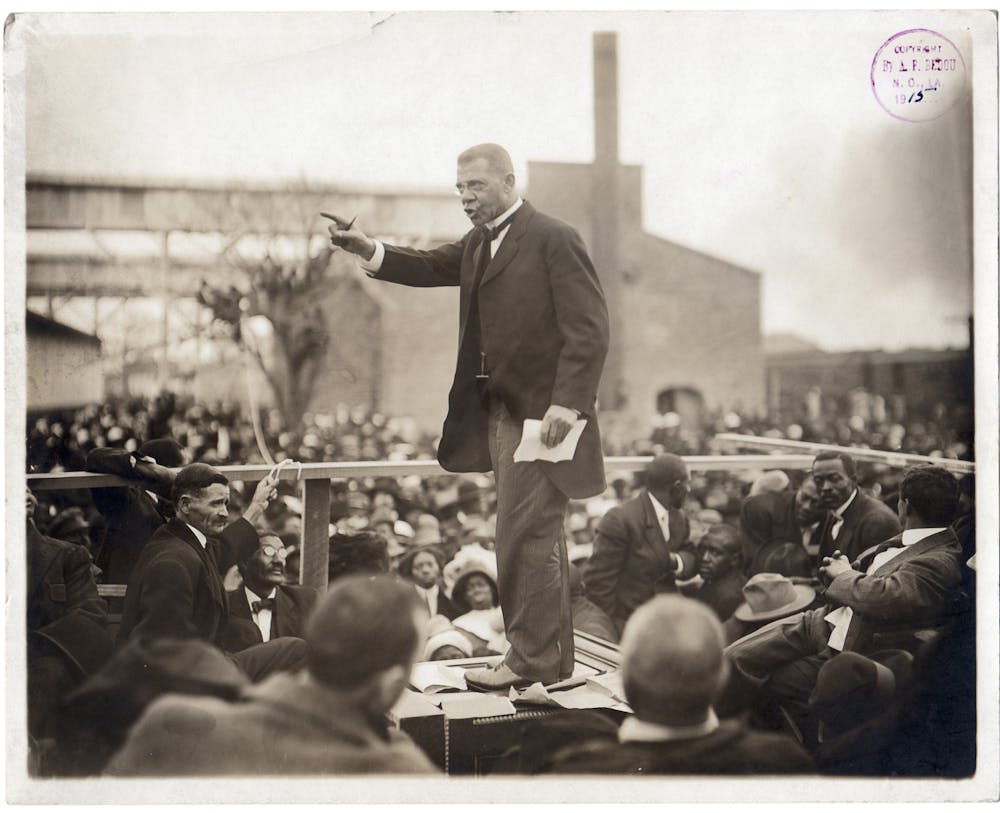This past Monday, local audiences witnessed the premiere of “The Niagara Movement,” a film by WNED PBS and Buffalo Toronto Public Media that challenges assumptions about The Civil Rights movement and the ripple effects that are still felt today.
Most people associate the term “civil rights activist” with figures from the 1960s like Martin Luther King, Jr., Rosa Parks or Malcolm X. But the groundwork for this movement was laid long before the 60s with a clash of ideas half a century prior in our own backyard.
“The Niagara Movement is something that is talked about in textbooks. It’s not ignored necessarily. But it’s never been explored fully,” Lynne Bader, Buffalo Toronto Public Media’s vice president of original content creation and a production executive on the film, said. “Young people especially need to watch this film to get a sense of how movements progress over time. It really was the idea of how do black people specifically gain equality in this country that has the history it has.”
The movement (1905-1910) was a battle of the minds between two opposing camps that saw differing visions for achieving racial equality: that of Booker T. Washington and that of W.E.B. Du Bois and William Monroe Trotter.
Washington’s camp represented accommodationism; they didn’t want to “ruffle feathers.” Having grown up in the South under Jim Crow, his perspective was more based on staying alive and “getting along.”
Meanwhile, the opposing northern perspective of DuBois and Trotter was a call to action — they wanted to fight with everything they had for the full rights they were entitled to. In short, their approach was “designed to ruffle feathers.”
This clash is not solely historical, but rather speaks to a nation that is unprecedentedly polarized for the same reason: finding a path forward.
“Why do I think it’s important today? Look at our country today,” Bader said. “It’s very difficult for us to agree as a country on anything. And when it comes to equality and equity, we have a country that’s very polarized. We need to look at what they learned throughout their process.”
Bader hopes that audiences will find the film and take a newfound perspective away from the discussions it — and associated educational materials — sparks. PBS even organized specific lesson plans in accordance with NYS standards to accompany the film. Bader is optimistic that the film will work its way into classrooms.
“That is where the real power of the film can be seen,” Bader said. “It’s in the conversations that you have after the film is viewed.”
For a Black history lesson that goes beyond what your social studies class was equipped to tackle, “The Niagara Movement,” available on YouTube, is an eyeopener.
“Your history book did not do it justice, but this film does,” Bader said.
Alex Novak is the senior arts editor and can be reached at alex.novak@ubspectrum.com
Alex Novak is a senior arts editor at The Spectrum.





